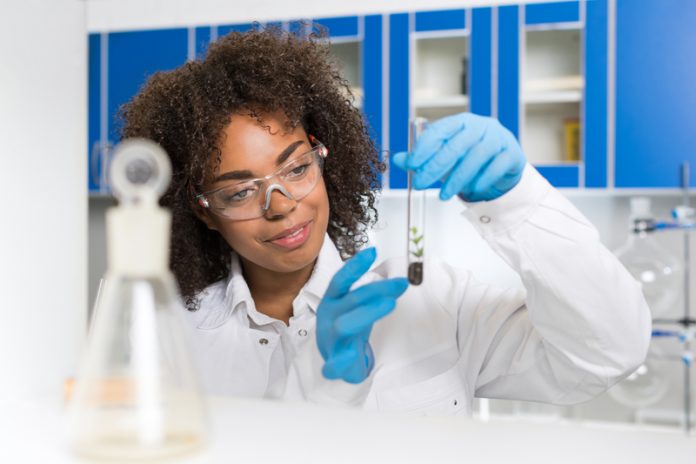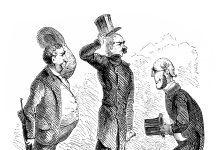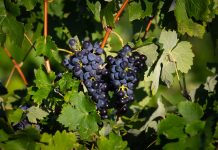Dr. Elica Moss and Dr. Sanju Sanjaya discuss agricultural and environmental science careers for students at Alabama A&M University and West Virginia State University
A collaborative effort between Alabama A&M University (AAMU) and West Virginia State University (WVSU) examines and identifies solutions for improving the allure and deliverance of academic programs in agricultural sciences so that they are more responsive to the needs of nontraditional students. The National Center for Education Statistics (NCES) defines the nontraditional student: as delayed enrollment into postsecondary education; attends college part-time; works full time; is financially independent; has dependents other than a spouse; is a single parent not have a high school diploma. Although these criteria define a wide swath (~70%) of college students, other key factors such as the underrepresentation of socially or educationally disadvantaged students are not considered. Furthermore, there is a great need to balance life obligations and educational obligations (Pelletier, 2010).
This initiative undertakes critical self-examination of the curriculum content, timing, and ease of access issues (e.g., asynchronous online teaching or timing associated with scheduling). Other factors such as student recruitment are analyzed because most traditional methods, including reaching out to career counselors at high schools or school visits, do not apply to nontraditional students. Finally, opportunities have been investigated to better reorganize and offer curricula based on lessons learned throughout the Covid-19 and post-Covid era. These new approaches may blur the traditional/nontraditional boundaries and further define how academic institutions can effectively deliver undergraduate education. Therefore, AAMU and WVSU have resolved to address such issues jointly.
We have implemented strategies to increase degree attainment by low-income nontraditional students enrolled in BS programs within the College of Agricultural and Natural Sciences (CALNS) at AAMU and the Colleges of Natural Sciences and Mathematics at WVSU by supporting up to 15 student-year tuition support stipends to eligible community college transfers. Both AAMU and WVSU use transfer agreements and support systems to accept transfer credits earned under the community college articulation agreements. Furthermore, we provide selected students with mentoring and experiential training opportunities associated with the agricultural and life sciences, including Institutional Research Programs.
The program offers curricular and co-curricular activities aimed at increasing student success by engaging them in specific tested and evidence-based enrichment activities such as Academic Advising, the Center for Academic Engagement, and the Tutorial Assistance Networks and Grades First-Early alert, ACHIEVE Early Alert System, and Career Counseling to engage students in institutional support services early and often.
Lastly, we have developed progressive strategies to guide future distance education and course scheduling of agricultural and related science courses between AAMU and WVSU via web-based brainstorming sessions that will identify opportunities for developing distance education strategies, including best practices and exchange of academic curricula.
References:
U.S. Department of Education, National Center for Education Statistics, Nontraditional undergraduates. Retrieved February 2022. https://nces.ed.gov/pubs/web/97578e.asp.
Pelletier, K. L. (2010). Leader toxicity: An empirical investigation of toxic behavior and rhetoric. Leadership, 6(4), 373-389.
A&M University and West Virginia State University
Principal Investigators: Dr. Elica M. Moss (AAMU), Dr. Sanju Sanjaya (WVSU)
Funded by the 1890 Land Grant Universities Center of Excellence To Motivate and Educate for Achievement (MEA).








